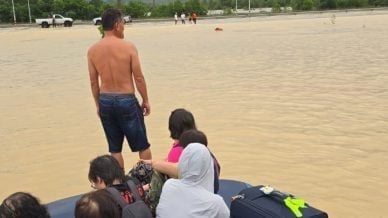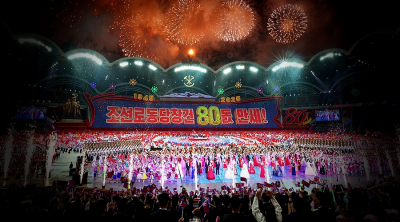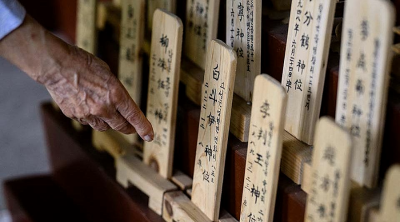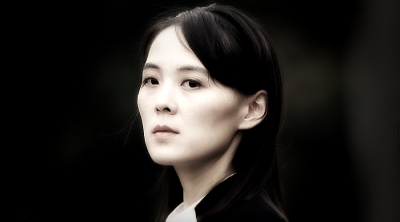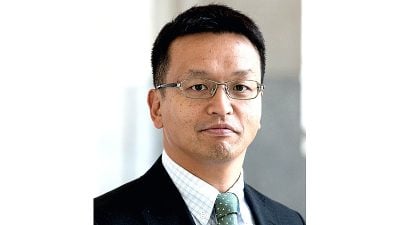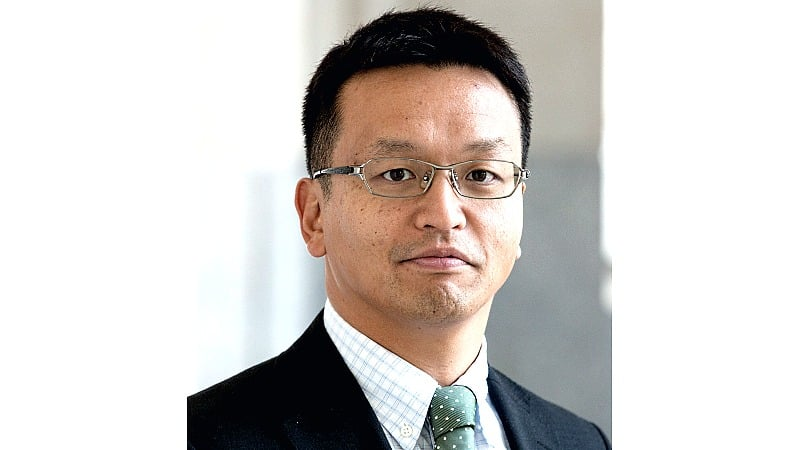
At the end of July, the Yalu River, which runs along the border between China and North Korea, flooded.
Although the damage is severe, President of the State Affairs Commission Kim Jong Un is trying to make the most of the adversity to strengthen his grip on power.
It is noteworthy that the Supreme Leader has demonstrated his “love for the people” and “people-first principle” by standing by the victims.
Kim Jong Un has visited the disaster areas several times since the floods occurred. He has toured the scene in his SUV, riding through flood waters with all four wheels submerged, and also inspected the flooded area from a rubber boat without even wearing a life jacket.
The North Korean media covered the situation extensively.
Kim Jong Un’s special train to the disaster area was packed with relief supplies, and a special meeting of the Political Bureau of the Workers’ Party of Korea (WPK) was even held on the train.
The highlight was when Kim Jong Un declared, “The issue of childcare, education and welfare is the first national issue,” and announced the “important measure” of bringing disaster-affected children to Pyongyang for education.
For people in the provinces, Pyongyang is a place they long to visit, if only once in a lifetime.
Policies that Kim Jong Un is passionate about are always given top priority, and 13,000 disaster-affected children and elderly people have already arrived in Pyongyang.
In addition to soldiers, Pyongyang students were mobilised to help in the reconstruction of the disaster area.
It is said that 300,000 young people responded to the call of the WPK and the Socialist Patriotic Youth League to go to the disaster area.
Seeing the image of the “merciful father” through the media in their own country, young people have no choice but to petition for the reconstruction efforts as a sign of their loyalty.
It is in times of emergency that national unity is sought.
Kim Jong Un called the rescue efforts of the air force, navy and border guard units “the pride of our party and country.”
He personally visited the Air Force helicopter unit and praised it for its outstanding contribution, saying, “It can only be called a miracle that not a single life was lost in the Sinuiju area, where the damage was most severe.”
On the other hand, he repeatedly criticised government agencies and local officials for “dereliction of duty” for failing to take necessary measures, and immediately replaced the heads of North Pyongan Province and the police.
Kim Jong Un’s words and actions tend to be binary oppositional, expressing either satisfaction or anger.
Kim Jong Un’s series of remarks also included criticism of the “enemy” not directly related to the floods.
On August 2, referring to South Korea, he said, “The enemy’s garbage media are spreading fabricated public opinion, such as the estimated death toll in our disaster areas is more than 1,000 or 1,500 and several helicopters are said to have crashed during rescue operations,” and that “the enemy is an unchangeable enemy.”
On the 9th, he also criticised the “enemies” for “taking the opportunity of the flood damage to continue their foolish plot to tarnish the image of our country” and described the disaster relief as a serious “anti-enemy struggle.”
The binary opposition is also evident in North Korea’s foreign policy.
While North Korea is openly hostile to the United States and South Korea, it is clear that it has a close relationship with Russia.
North Korean media made extensive use of Russian President Vladimir Putin’s message of condolence to Kim Jong Un.
Kim Jong Un expressed his gratitude for Putin’s offer to provide humanitarian aid, but replied, “The work of repairing the damage will go according to plan, but if help is needed in the process, we will ask Moscow, our truest friend, for help.”
This shows that North Korea will maintain “self-reliance” even as it recovers from the severe flood damage.
In a speech to the victims, Kim Jong Un said, “The most important thing is to have firm confidence in the people and a method of dealing with problems that is thoroughly based on self-reliance.”
On August 15, a public holiday in North Korea commemorating the day the Korean peninsula was liberated from Japanese colonial rule in 1945, Kim Jong Un visited the Liberation Monument in Pyongyang and laid a wreath with a ribbon that read, “We will not forget the achievements of the Soviet martyrs.”
This year is the first time that Kim Jong Un has visited the Liberation Monument in person, and his emphasis on Russia is clear.
Meanwhile, no condolence message from President Xi Jinping has been confirmed in response to the recent flooding.
In fact, no telegrams between the Chinese and North Korean leaders have been made public since New Year’s Day this year.
Since the end of April, North Korean media have completely stopped mentioning the fact that this year is the “Year of China-North Korea Friendship,” celebrating the 75th anniversary of the establishment of diplomatic relations.
The flooding of the Yalu River seems to symbolise the strained relationship between China and North Korea.
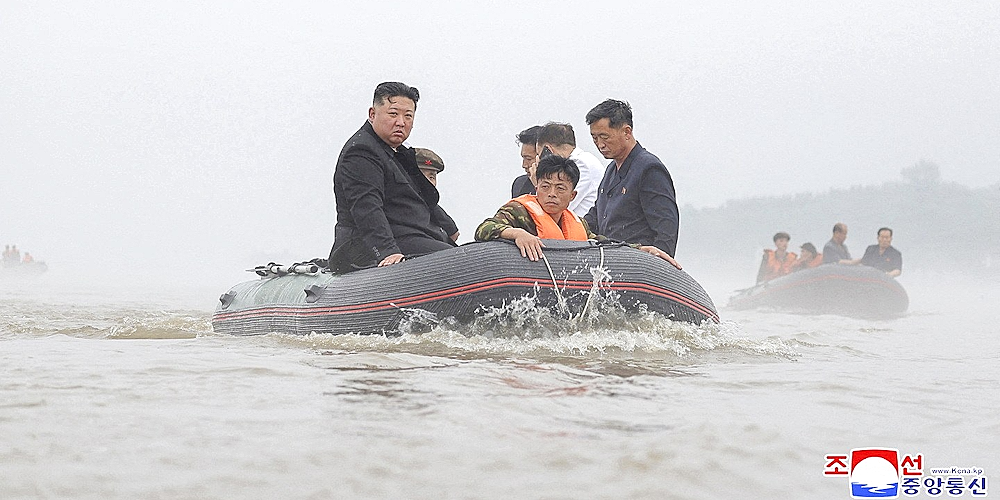
(Atsuhito Isozaki is Professor at Keio University, Japan.)
ADVERTISEMENT
ADVERTISEMENT






